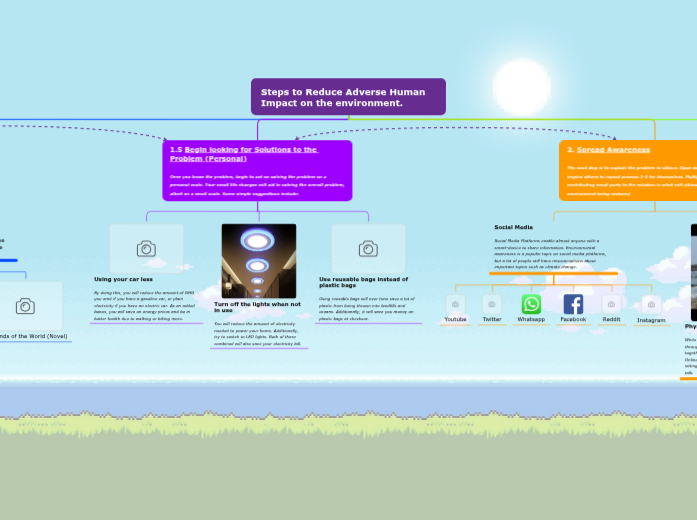av Pal Ridvik 5 år siden
334
Better the Environment
This is the organigram created for the 2020 PDSB Inquires Assignment

av Pal Ridvik 5 år siden
334

Mer som dette
Make New Products Less Taxing on the Environment The final step will be making whatever new, essential and functional products more efficient on resources. This can be done through two main avenues:
Enacting laws that force companies to be more eco-friendly
Buying Products form companies that prioritise the environment